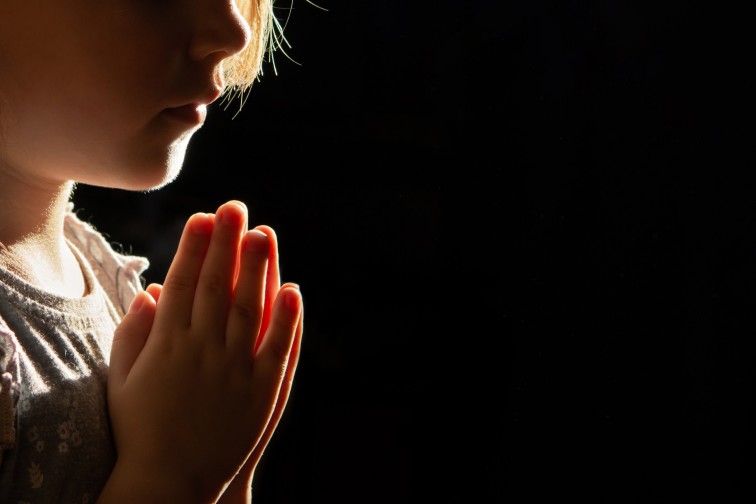Holidays and family go together like red and green: Even if you hate the combination, it’s a classic. Family is also something I think about a lot outside of the holidays because, as a young married mother, I’m not only trying to decide what ours should be like, but I’m also trying to corral myself into acting the way I should to make life the way it should be for my kids. To put it cheaply, it’s hard.
That’s why when I think about our country’s high divorce rate and unwed mother problem, I have little to say. And that’s not just my youth—meaning I have little wise experience to offer. It’s hard for all the people who study the problem, too.
For those of you living under a rock, single-parent households are growing exponentially, which is a huge problem because parents divorcing or never marrying is a huge creator of poverty and can cause all sorts of life blight for the kids caught in between, including more mental problems, incidence of dropping out, violent acting out, fewer future earnings, and so forth. Obviously, this is bad for society. We talk about income gaps and wealth redistribution all the time, but very little about the behaviors that can create or destroy wealth. Marriage is one of those crucial behaviors.
I can’t offer much by way of solutions (here’s me discussing the topic with Mitch Pearlstein, and he covers the topic thoroughly and gently). But I have lots to offer by way of emotion. It always reoccurs in the same spot when I hear stories like I did last week of the child in my mother-in-law’s school. This child had lost his backpack but didn’t know where to look for it because he couldn’t remember which of his three houses he had slept in last week.
The article prompting these thoughts comes from the Washington Times. It even includes a map using Census Bureau data showing areas where more kids live in broken homes.
 Whenever I’m a bad mother or wife—when I crab at my husband all day, yell at the kids, pout in the corner—the shame of having hurt my family propels me towards making amends. I wonder if there were more shame in hurting children by not marrying the child’s father or mother first, or by divorcing before the kids have grown for reasons other than abuse or adultery, if this shame would have a similarly beneficial effect on people. I think it might.
People don’t like shame because it feels crappy. But you know what is worse? When parents’ lack of shame impoverishes thousands of children.
* Title cribbed from the vivacious Jennifer Roback Morse.
Whenever I’m a bad mother or wife—when I crab at my husband all day, yell at the kids, pout in the corner—the shame of having hurt my family propels me towards making amends. I wonder if there were more shame in hurting children by not marrying the child’s father or mother first, or by divorcing before the kids have grown for reasons other than abuse or adultery, if this shame would have a similarly beneficial effect on people. I think it might.
People don’t like shame because it feels crappy. But you know what is worse? When parents’ lack of shame impoverishes thousands of children.
* Title cribbed from the vivacious Jennifer Roback Morse.
 Whenever I’m a bad mother or wife—when I crab at my husband all day, yell at the kids, pout in the corner—the shame of having hurt my family propels me towards making amends. I wonder if there were more shame in hurting children by not marrying the child’s father or mother first, or by divorcing before the kids have grown for reasons other than abuse or adultery, if this shame would have a similarly beneficial effect on people. I think it might.
People don’t like shame because it feels crappy. But you know what is worse? When parents’ lack of shame impoverishes thousands of children.
* Title cribbed from the vivacious Jennifer Roback Morse.
Whenever I’m a bad mother or wife—when I crab at my husband all day, yell at the kids, pout in the corner—the shame of having hurt my family propels me towards making amends. I wonder if there were more shame in hurting children by not marrying the child’s father or mother first, or by divorcing before the kids have grown for reasons other than abuse or adultery, if this shame would have a similarly beneficial effect on people. I think it might.
People don’t like shame because it feels crappy. But you know what is worse? When parents’ lack of shame impoverishes thousands of children.
* Title cribbed from the vivacious Jennifer Roback Morse.



